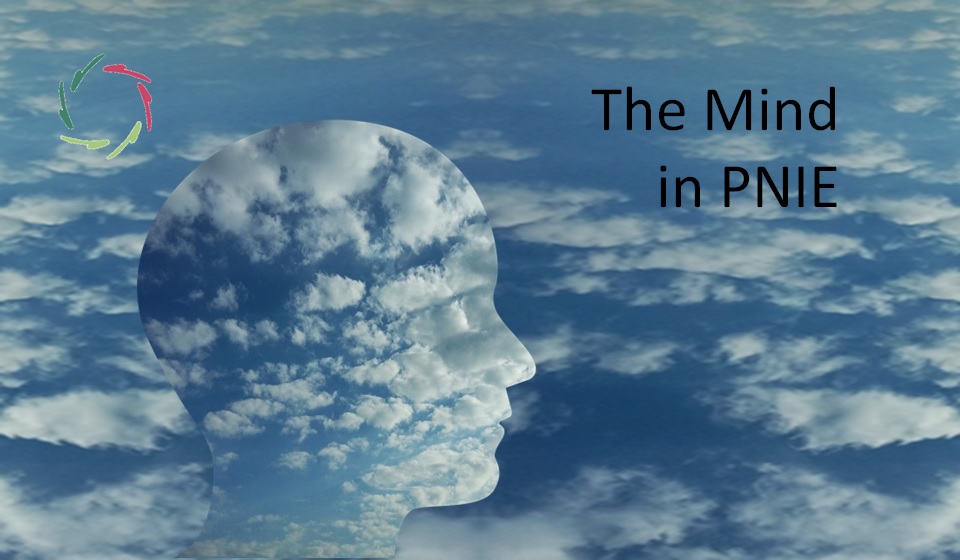Are Physicians Interested in Healthcare?

Sure, they are! Well, up to a certain point. I’m sorry if I hurt any of my colleagues. He shouldn’t be hurt, but take action.
The psyche
I have encountered many times and am encountering again at present that the psyche – as in ‘psychogenic’ – is a bridge too far for many medical colleagues. Intuitively, general practitioners may be more open to it, but unfortunately, my experience tells me mostly otherwise.
The psyche is not what physicians worldwide seriously study in their basic curriculum. Psychosomatics is far from the students’ bed, at least as a medical course. On the other side, there are journals in psychosomatics. There is a lot of research.
Still, by far, not enough, and of what is known in research, little gets trickled down to practice in most cases. On top of that, there’s a lot of Cartesian thinking even in the research domain of psychosomatics. [see: “<Mind = Body> Healthcare”]
Eventually, the mind may be more important than the body in healthcare.
This sentence goes with the presupposition, of course, that we are talking about viewpoints in non-dualistic thinking, which is the reasonable one. [see: “‘Mind = Body’ Breakthrough“]
So, if one takes the mind out of the picture, one gets somatic (bio-)medicine. Does that seem a rational way to proceed? Give to Caesar what belongs to Caesar (Mark 12:17, NT). Let somatic physicians be somatic physicians interested in somatic healthcare — new line.
Mind and body are inseparable.
If one wants to act like they are entirely different, one doesn’t end up with healthcare minus some part, but with far less. That shows in everything: from unnecessary medical investigations to sending patients home with a ‘stress verdict’ or worse, with a prescription or appointment for therapy that is quite senseless, but “People ask something,” and “One needs to do something.”
With the mind in the picture, mind and body will be treated differently in many cases ― say: most.
Meanwhile, patients who think they are treated well as a person aren’t motivated to look further. Also, research should be much more incentivized in that direction.
So, are physicians interested in healthcare or only in part of healthcare?
Many (most) somatic colleagues show a staggering amount of not-being-interested in healthcare, but only in medicine.
They want to shove the mind towards psychotherapy, which itself is increasingly in turmoil. [see: “WHY Psychotherapies Don’t Work”] To what degree does this add to the increasing amount of suffering in anything mind-related?
Sure, ‘increasing amount of suffering’ is a subjective phrase. Part of the complaining may come from the wish to complain rather than from underlying mayhem. But surely, not everything ― no way!
So, interested?
Nope.
Physicians are human beings. Like all of us, they don’t like to be too far out of the herd. Also, for several reasons, they don’t feel comfortable with anything ’psycho-genic.’
In my experience, some acknowledge this, or even say they think about it, then run like the rest. I mean this figuratively and literally. Of course, many do give attention to the mind in their personal practice, but – I’m sorry to say – in many cases don’t know how to do so from any more scientific standpoint than from their intuitions. How could they?
It’s like trying to be a Mozart without proper violin lessons.
That is all very human.
Therefore, there’s no guilt in this. But patients are also human, including, my goodness, a vast deal of non-conscious processing.
That makes tensions peak, which also leads to immensely costly medicine, for instance, in domains of heart ischemia and epilepsy, two fields I have just written about scientifically. Time and time again, the costs are mind-boggling.
One way or another, we need to get out of this conundrum.
Don’t make me mention ‘AURELIS.’
So, interested?


